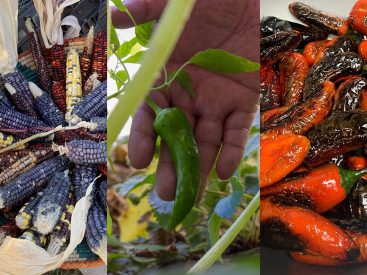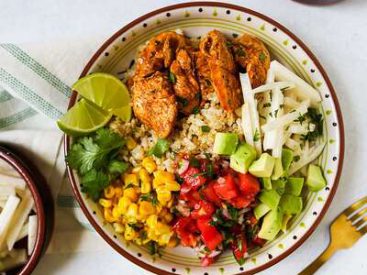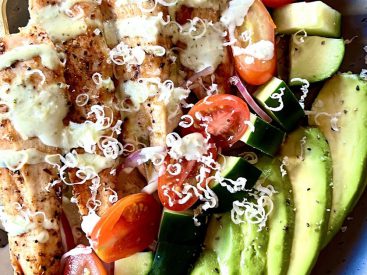The Covid-19 pandemic changed almost every aspect of our lives, including our diets. There has been a shift toward home cooking . We got more creative in the kitchen. And a significant number of us actually increased our consumption of unhealthy snacks, desserts and sugary drinks. So, what’s in […]
Delicious!
Delicious!



